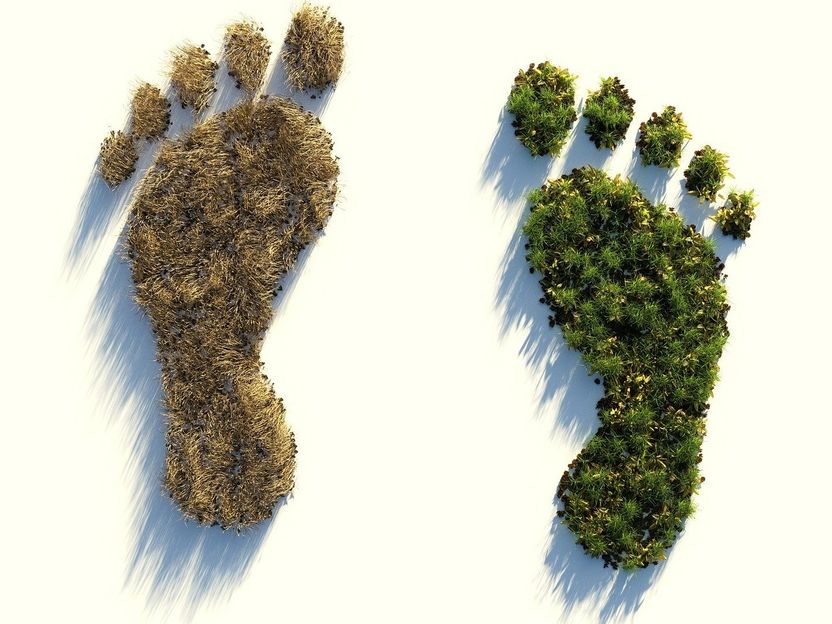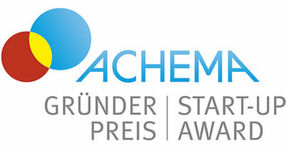BASF calculates CO2 footprint of all sales products
BASF as the first chemical company with transparent emission data for the entire portfolio of approximately 45,000 products
Advertisement
BASF will provide its customers with total values of CO2 emissions, so called “carbon footprints” for all of its products. The Product Carbon Footprint (PCF) comprises all product-related greenhouse gas emissions that occur until the BASF product leaves the factory gate for the customer: from the purchased raw material to the use of energy in production processes.

Symbolic image
ColiN00B, pixabay.com
“Sustainability and digitalization are core elements of our corporate strategy, which we are consistently implementing. By calculating the CO2 footprint, we bring both together and create much greater transparency for our customers regarding the specific emissions for each BASF product. This enables us to develop plans together with our customers to reduce CO2 emissions along the value chain up to the final consumer product,” says Dr. Martin Brudermüller, Chairman of the Board of Executive Directors of BASF SE.
BASF has been calculating PCFs for individual products since 2007. With the digital solution developed in-house, BASF will be able to calculate the PCF for its approximately 45,000 sales products based on a global level. BASF will start with selected product and customer segments in the coming months and plans to make PCF data available for the entire portfolio by the end of 2021.
“Climate protection issues are also becoming increasingly important for our customers. In the future, we will be able to support them with reliable data so that they can achieve their climate targets,” said Christoph Jäkel, Head of Corporate Sustainability. “With the help of PCFs, our customers can identify where the levers for avoiding greenhouse gas emissions are. We are already offering them the opportunity to reduce the carbon footprint of selected products by using alternative raw materials and renewable energies”.
One example is BASF’s biomass balance approach, in which fossil resources are replaced by renewable raw materials from organic waste and vegetable oils in the production Verbund and mathematically allocated to the sales product. Another example of the application of the mass balance approach is the ChemCyclingTM project. Since 2020, BASF has been offering its customers the first commercial quantities of products for whose production chemically recycled plastic waste is used as a raw material at the beginning of the value chain. BASF’s sales products from both approaches have the same properties as products based on purely fossil raw materials – but with a lower carbon footprint.



























































